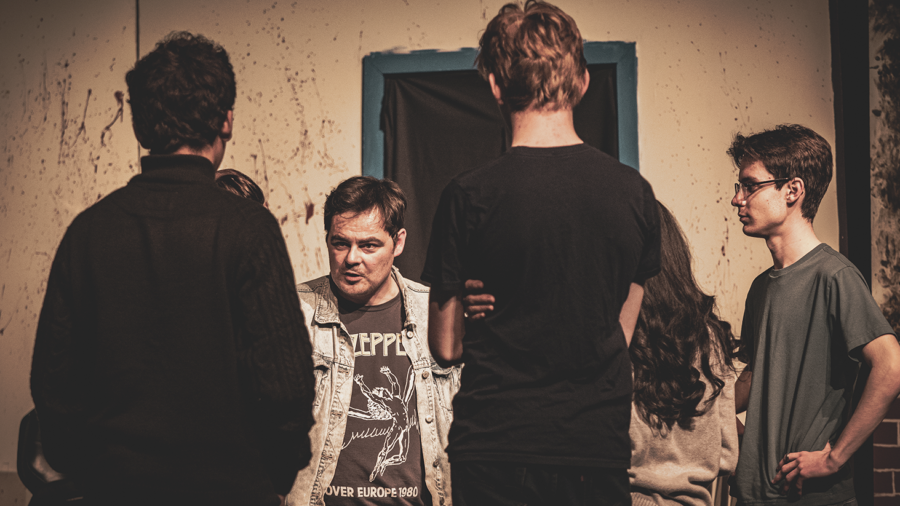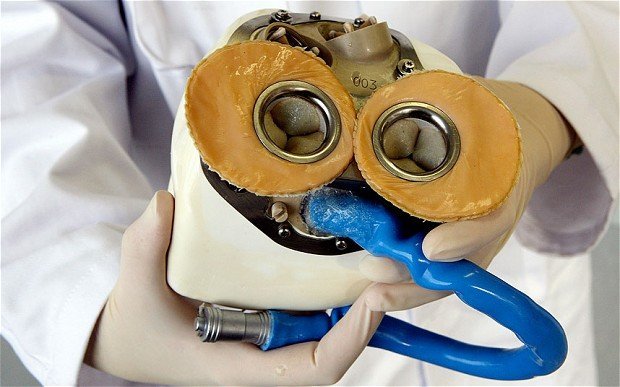On December 21 of 2013, after 10 hours of intensive operation, the first ever artificial heart transplant in medical history was performed on a 75-year-old French man, in the Georges Pompidou Hospital in Paris, France. The construction of the entire artificial heart was a major stepping stone in regenerative medicine around the globe, even though heart-assistance devices have been used for decades to aid and assist in the functioning of hearts before surgeries and operations.
Regenerative medicine is a field of development that specializes in the replacement and growth of human cells, organs, and tissues, in order for them to function productively and regularly in the body. As late as the 1970’s and 80’s, beginning with “tissue engineers” from the Institute for Medical Engineering and Science at MIT, scientists worked in laboratories to imitate the generation of tissues in the body using “stem” cells, or cells that can easily reproduce and divide through mitosis, but do not have specific purposes or functions (Stem cells can be specialized for virtually any means). Since then, organs ranging from livers and kidneys to lungs and intestines have been successfully regenerated.
The prosthetic, self-regulating heart, weighing slightly less than a kilogram (about three times as heavy as a human’s heart) was built to replace its human counterpart for up to five years. Controlled by a computer, the heart was constructed from chemical-treated biological tissue (including a cow valve), as well as mechanical parts; and unlike a donor’s heart, it was built to withstand rejection from the host. It is powered by lithium-made batteries that can be worn externally, and not only does the heart closely replicate that of a real one, but it includes beating tissue.
“It’s a rather special kind of pump. If your loved one came through the door [and you had a Carpentier artificial heart], it would start to beat faster, just like a real one,” Professor Alain Carpentier, the inventor of the self-regulating heart, said.
Although the heart is an exceptional product of medical progress, it doesn’t come without costs. The Telegraph, a popular British newspaper, stated that the heart costs about $200,000 (US dollars), and according to the National Institute of Health, the heart comes with an increased risk of blood clots and inevitably, at times “equipment failure”.


































